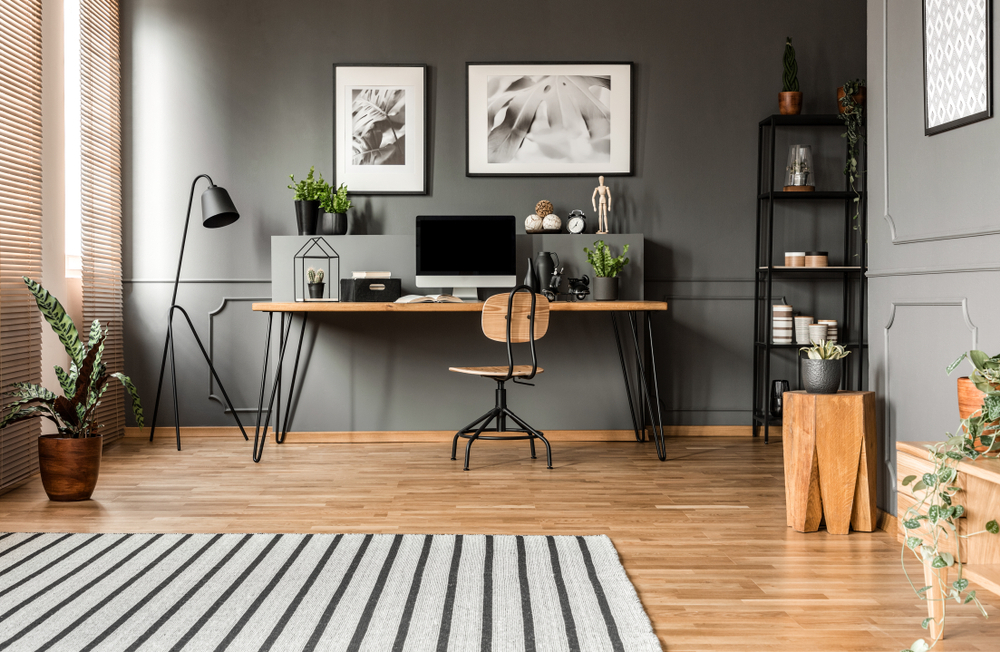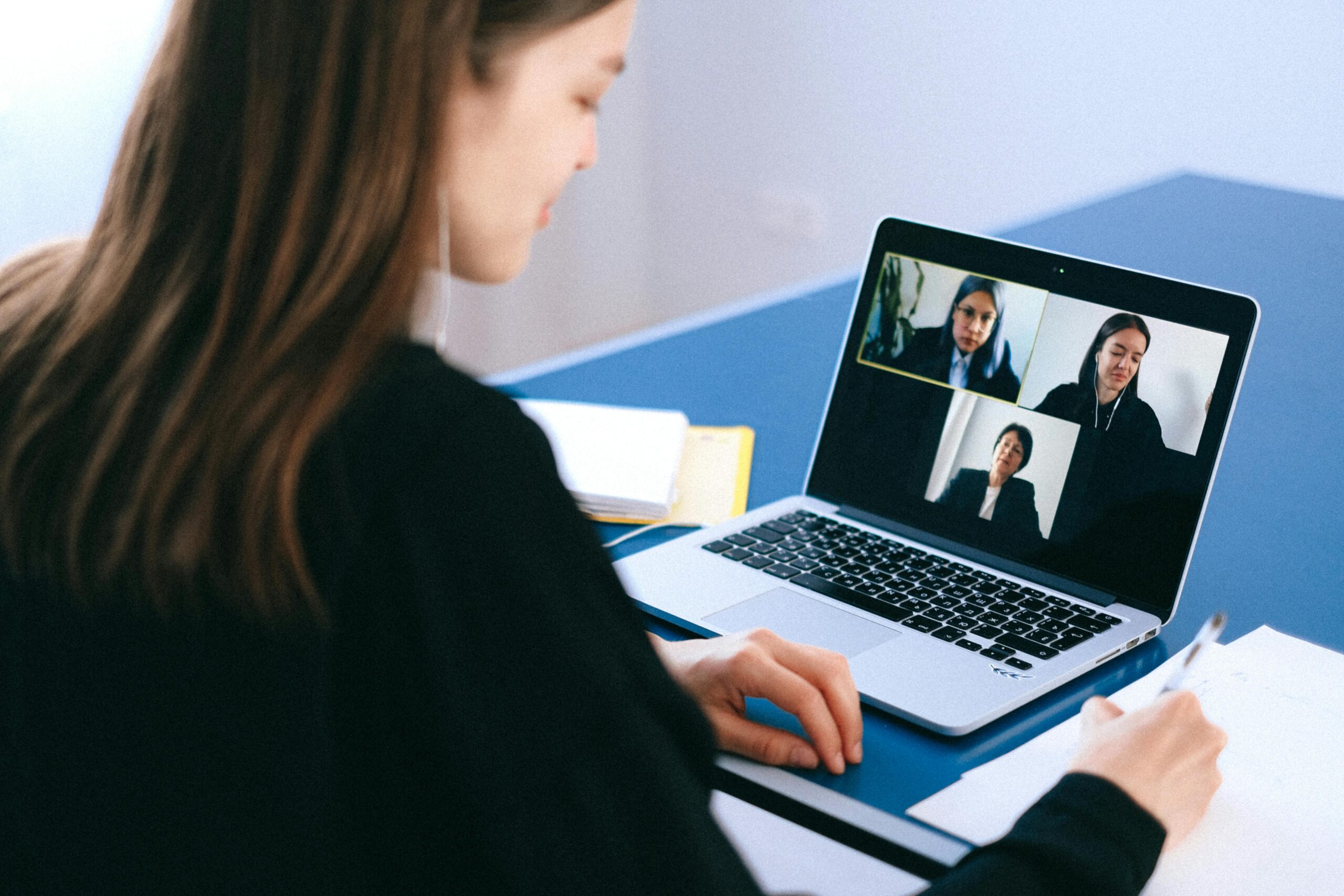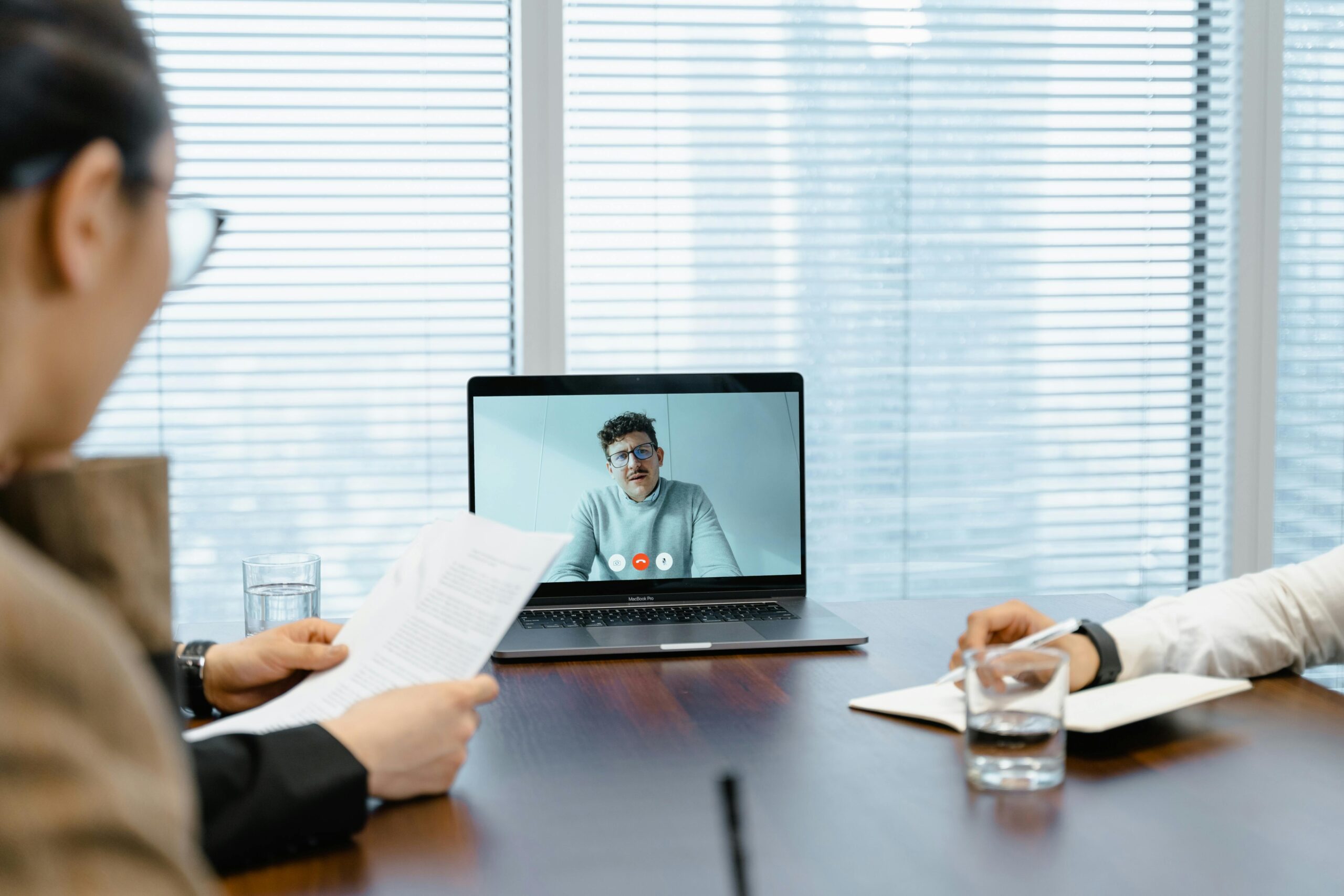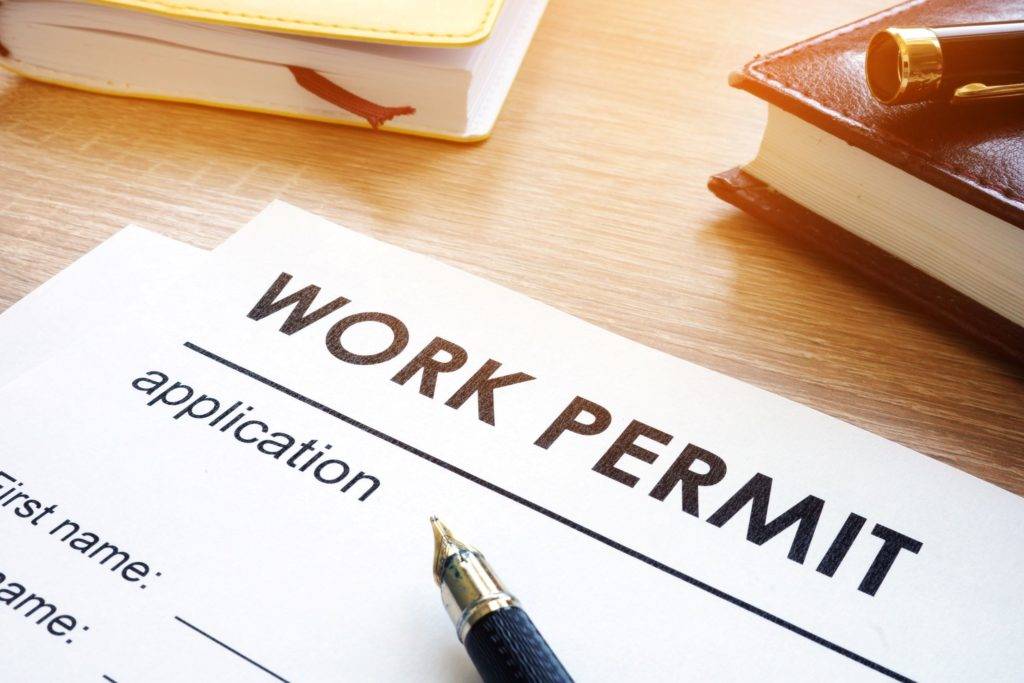The Ultimate Guide to Acing Your Remote Job Interview
As remote work continues to rise in popularity, so does the prevalence of remote job interviews. While the fundamentals of interviewing remain the same, there are some key differences to remember when preparing for a virtual interview. Gone are the days of worrying about traffic or finding a suitable office building—now, your main concerns are making sure your technology is up to par, and your interview space is professional and distraction-free.
But don’t let the thought of a remote interview intimidate you. With the proper preparation and strategies, you’ll be well on your way to acing your remote job interview and landing your dream work-from-home role.
In this guide, I’ll cover everything you need to know to shine in your remote job interview.
Test Your Technology
First and foremost, one of the most critical aspects of preparing for a remote job interview is ensuring that your technology is up to par. After all, you don’t want to be caught off guard by a spotty internet connection or malfunctioning microphone on the day of your interview.
Start by making sure you have a reliable internet connection. Opt for a wired connection rather than Wi-Fi, if possible, as this can provide a more stable and consistent signal. If you’re using Wi-Fi, make sure you’re near your router and that there aren’t any other devices or applications hogging bandwidth.
Next, take some time to test your computer and any necessary software before your interview. Ensure your operating system is up to date, and you have a reliable video conferencing platform installed, such as Zoom or Skype. Familiarize yourself with the platform’s essential functions, such as muting and unmuting your microphone, turning your camera on and off, and sharing your screen if necessary.
You are testing your audio and video settings before the interview is crucial. Ensure your microphone picks up your voice clearly and without any background noise and that your camera provides a clear and stable image. If you’re using a laptop, prop it up on a stack of books or a laptop stand to ensure your camera is at eye level rather than angling up at your chin.
Finally, it’s always a good idea to have a backup plan in case of technical difficulties. Ensure you have a phone number for your interviewer on hand so you can call in if your video connection drops. It’s also not a bad idea to have a backup device, such as a tablet or smartphone, charged and ready to go in case your primary computer experiences issues.
Read: 10 Remote Job Opportunities for Immigrants in Canada
Set Up Your Interview Space
 In addition to testing your technology, another critical aspect of preparing for a remote job interview is setting up your interview space. While it may be tempting to conduct your interview from the comfort of your couch or bed, creating a professional and distraction-free environment that will allow you to focus and put your best foot forward is essential.
In addition to testing your technology, another critical aspect of preparing for a remote job interview is setting up your interview space. While it may be tempting to conduct your interview from the comfort of your couch or bed, creating a professional and distraction-free environment that will allow you to focus and put your best foot forward is essential.
Start by choosing a quiet, well-lit space in your home or apartment. If possible, opt for a room with a door that you can close to minimize background noise and interruptions. Ensure your space is clean and organized, with a neutral background that won’t distract from your face and body language.
Natural light is always best when it comes to lighting. Position yourself facing a window to ensure your face is well-lit and accessible on camera. If natural light isn’t an option, consider investing in a ring light or other soft lighting source to illuminate your face and reduce shadows.
Finally, consider using a virtual background if your interview space isn’t ideal. Many video conferencing platforms, such as Zoom, can use a pre-set background or upload your image. This can be a great way to create a professional and polished look, even if your surroundings are imperfect.
Dress Professionally
Just because you’re interviewing from the comfort of your home doesn’t mean you can slack off regarding your appearance. Dressing professionally for your remote job interview is just as important as it would be for an in-person interview.
Start by choosing an appropriate outfit for the company and role you’re interviewing for. If unsure of the dress code, err on overdressing rather than underdressing. Opt for clean, wrinkle-free clothing in neutral colors, such as black, navy, or grey. Avoid busy patterns or bright colors that may be distracting on camera.
When it comes to accessories, less is more. Choose simple, understated jewelry and avoid anything that may make noise or reflect light on the camera, such as dangly earrings or a large watch. Ensure your hair is neat and styled and that any makeup is natural and polished.
It’s also important to consider your bottom half, even if you don’t think it will be visible on camera. Wearing professional pants or a skirt can help you feel more confident and put-together, and you never know if you may need to stand up or adjust your camera during the interview.
Prepare for Common Interview Questions
One of the most critical aspects of preparing for any job interview is anticipating and practicing common interview questions. This is especially true for remote job interviews, where you may be asked specific questions about your experience and ability to work independently and collaboratively in a virtual environment. Before your interview, take the time to research the company and role you’re applying for. Review the job description carefully and make note of any specific skills or qualifications that are mentioned. Look for news articles or press releases about the company to understand its recent achievements or challenges. Check out their social media presence to get a feel for their brand voice and values.
Before your interview, take the time to research the company and role you’re applying for. Review the job description carefully and make note of any specific skills or qualifications that are mentioned. Look for news articles or press releases about the company to understand its recent achievements or challenges. Check out their social media presence to get a feel for their brand voice and values.
Once you understand the company and role well, start brainstorming potential interview questions. Some common remote job interview questions might include:
- “Tell me about your experience working remotely. What strategies do you use to stay productive and engaged?”
- “How do you prioritize tasks and manage your time when working independently?”
- “Can you give an example of a time when you had to collaborate with a team remotely? What challenges did you face, and how did you overcome them?”
- “How do you handle distractions or interruptions when working from home?”
- “What tools and technologies do you use to communicate and collaborate with remote team members?”
When answering these questions, be specific and provide concrete examples whenever possible. If you don’t have direct experience working remotely, think about times when you had to work independently, communicate virtually, or collaborate with team members in different locations.
Read: Your Essential Guide to Canada Visa Requirements
Demonstrate Strong Communication Skills
Your communication skills are more critical in a remote job interview than ever. Without the benefit of in-person body language and nonverbal cues, you’ll need to rely on verbal communication skills to build rapport and make a positive impression on your interviewer.
One of the most important things to remember is to be clear and concise in your responses. Avoid rambling or going off on tangents, and answer the question directly. If you need a moment to gather your thoughts, it’s okay to briefly pause before responding.
It’s also important to practice active listening during your interview. Please give your full attention to the interviewer and avoid interrupting or talking over them. If you’re unsure about a question, don’t hesitate to ask for clarification before responding.
Regarding body language, there are a few key things to remember. Ensure you maintain eye contact with the camera, which will help you appear engaged and confident. Sit up straight and avoid slouching or fidgeting, as this can make you appear nervous or disinterested.
It’s also important to smile and use appropriate humor when possible. This can help you build rapport with your interviewer and showcase your personality. Just be sure to keep it professional and avoid any jokes or comments that could be inappropriate or offensive.
Ask Thoughtful Questions
You’ll be allowed to ask questions at the end of most job interviews. This is your chance to learn more about the role, the company, and the team you’d be working with and to demonstrate your interest and engagement in the opportunity.
Before your interview, take some time to brainstorm a list of thoughtful questions. Avoid asking questions that could quickly be answered by reviewing the job description or company website, such as “What does this role entail?” or “How long has the company been in business?”
Instead, focus on questions that demonstrate your understanding of the role and your interest in the company culture and mission. Some examples might include:
- “Can you tell me more about the team I would be working with and how they collaborate remotely?”
- “What are the company’s biggest challenges, and how does this role contribute to solving them?”
- “What opportunities exist for professional development and growth within the company?”
- “How does the company support work-life balance and mental health for remote employees?”
- “What metrics will be used to evaluate success in this role, and how often will I receive feedback on my performance?”
Asking thoughtful questions demonstrates your engagement and interest in the role and gives you valuable information about whether the company and position are a good fit for you. Please pay attention to how the interviewer responds to your questions and whether they seem open and honest in their answers.
Read: Remote Work Vs. Traditional Office: Pros and Cons – Flexible Schedule or Set Routine?
Follow Up After the Interview
Congratulations—you made it through your remote job interview! But your work isn’t done quite yet. Following up after the interview is essential for demonstrating professionalism and reiterating your interest in the role.
Within 24 hours of your interview, send a personalized thank-you email to your interviewer (or interviewers if you spoke with multiple people). In your email, express your appreciation for their time and the opportunity to learn more about the role and company.
Mention something specific from the interview that stood out to you or that you found particularly interesting or exciting. This could be a project the company is working on, a challenge they’re facing, or an aspect of the company culture that resonated with you.
Reiterate your interest in the role and why you believe you’d be a great fit based on your skills and experiences. If there was anything you forgot to mention during the interview or that you want to clarify or expand upon, this is your chance to do so briefly.
In addition to sending a thank-you email, consider connecting with your interviewer on LinkedIn if you haven’t already. It was done so. This can help you build your professional network and stay top of mind as they make their hiring decision.
If you don’t hear back within the timeframe the interviewer mentioned, it’s okay to follow up with a polite email inquiring about the status of your application and reiterating your interest in the role.














